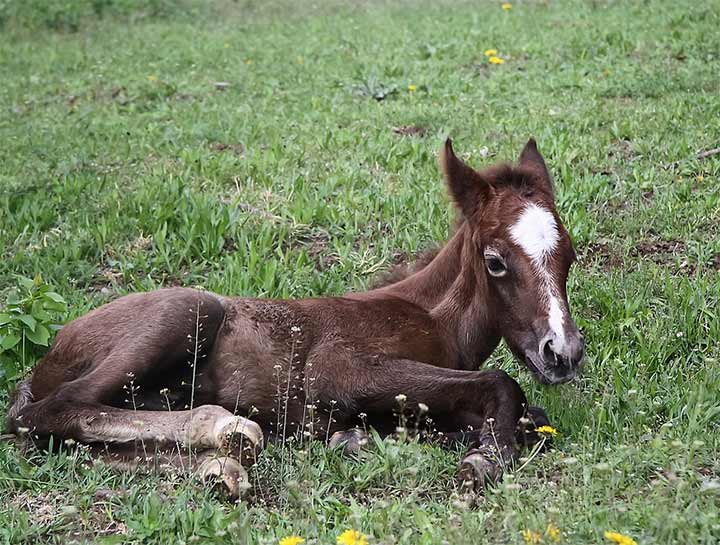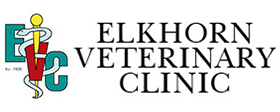Reproduction
Horse breeding services
At Elkhorn Veterinary Clinic, our experience and availability regarding equine breeding services in Elkhorn, WI, are extremely valuable to horse owners, especially during the foaling season. We help clients give their mare every opportunity to safely produce a strong, healthy foal, and to ensure the foal has a healthy start in life. Furthermore, we always have a veterinarian available after hours and during holidays to provide medical assistance if necessary.
Preparing your Mare for a Safe Pregnancy
Before breeding, your mare should:
- Undergo deworming and vaccinations (and continue being vaccinated as needed throughout her pregnancy)
- Have a uterine cytology, culture, and/or biopsy if she is older or had trouble conceiving before
- Receive an ultrasound scan to check her uterus and ovaries
- Have a body score of 4-5 out of 9
Foaling Preparation
The average gestation period for a mare is 340 days. During this period, she should continue to receive the rhinopneumonitis vaccinations at 5, 7, and 9 months pregnant, respectively. Additionally, to boost the antibodies the foal will receive from the colostrum, your mare must be vaccinated one month prior to foaling for:
- West Nile Virus
- Eastern and Western Encephalomyelitis
- Tetanus
- Equine Influenza
- Potomac Horse Fever
- Rabies
Giving Your Mare a Comfortable Foaling Space
Your mare should have a clean, dry, quiet stall protected from the elements. If your mare is foaling outdoors, keep her separated from the herd and make sure she has a clean, grassy paddock all to herself. Mares often foal at night, so we also recommend having an alert system and/or cameras set up so you can monitor her progress.
Post Foaling
The foal should be delivered within 30 minutes and emerge front feet first, with its head resting between them. If the amniotic sac doesn't break, carefully remove it so the foal can breathe, then leave the foal alone to bond with the mare and receive essential blood transfer via the umbilical cord.
When the umbilical cord breaks, treat the foal’s navel with dilute chlorhexidine to aid in the prevention of navel or joint ill. A veterinarian should examine both mare and foal 18-36 hours following delivery. After 12 hours, a blood test on the foal should be performed to assess the transfer of antibodies from the mare's colostrum to the foal.
When Medical Intervention is necessary:
- Mare has been in labor for over 30 minutes and still hasn’t foaled
- Foal is abnormally positioned (hooves facing upward, nose is present without the front feet, or just one foot present)
- Foal presents with red/maroon membranes instead of white/yellow/transparent membranes (this is an emergency and the membranes should be ruptured immediately)
- Foal fails to nurse after 3 hours
- Mare fails to pass the placenta after 4 hours
- Foal fails to pass first stool in 12 hours
- Foal is not bright or alert
- Mare or foal shows signs of colic
If you’d like to learn more about the reproductive services, call us at (262) 723-2644.

